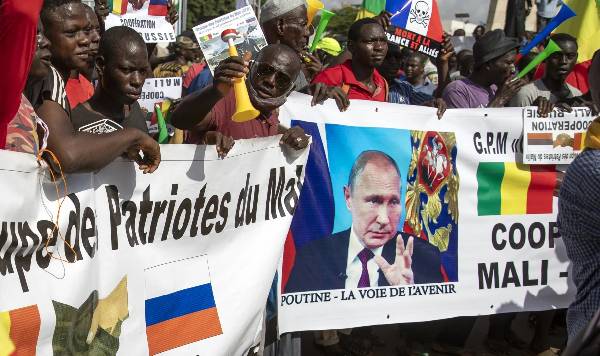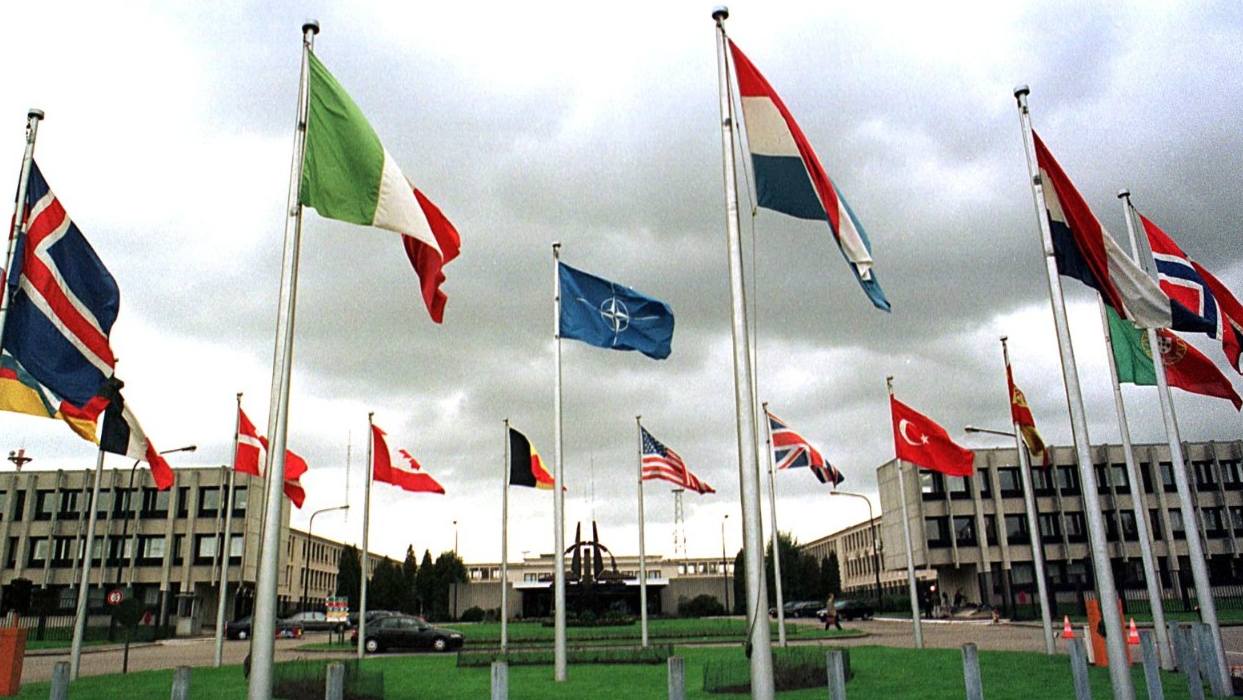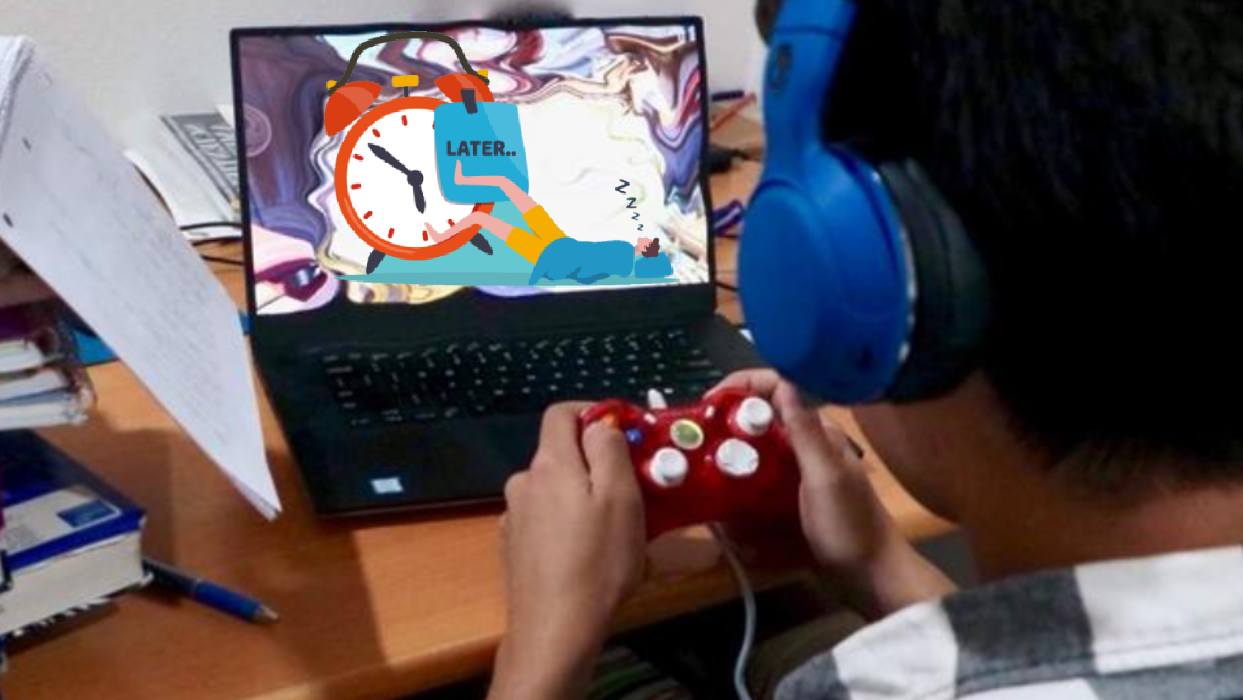Turkey plans to buy uranium from Niger. Bloomberg reported this development. This occurs during Turkish Foreign Minister Fidan’s tour of Africa, which includes a visit to Somalia. This might seem distant from Ukraine. However, Africa has become geopolitically closer to Ukraine. Ukraine must engage wherever the Russian Federation operates.
The Sahel region stretches from the Sahara to the southern tropics. It is currently a key area for Russian expansion outside Ukraine. Russian mercenaries from the African Corps threaten Chinese interests. This situation prompts negotiations between the Ukrainian and Chinese foreign ministries.
The Russian-African Corps resembles the Nazi African Corps of World War II. It is also a reimagining of the infamous Wagner Group. These mercenaries faced defeat by the Ukrainian Armed Forces in Donbass. Afterward, they tried to gain favor with the Kremlin. However, they were eventually sent to Africa. They had established a strong presence there under Yevgeny Prigozhin.
Africa presents new opportunities for Ukraine. Ukrainian specialists from the UN Human Rights Council played a crucial role. They managed to reduce the number of Russian mercenaries in Sudan in 2022-2023. Ukraine helped Sudan avoid the fate of Mali, Burkina Faso, and Niger, where pro-Russian military juntas have seized power.
In July, the military juntas of Mali, Burkina Faso, and Niger united to form the Sahel Union. This group is also known as the African Collective Security Treaty Organization. It is a military and economic bloc aligned with Russia and China. The Kremlin is creating similar “anti-NATO” alliances worldwide to divert Western attention and resources from Ukraine. The Sahel Union was created in July. It aims to strengthen these military juntas. Chinese investments in infrastructure projects support this goal.
The Economic Community of West African States (ECOWAS), previously a pro-French bloc, is now seeing a shift. Western military units are withdrawing. Diplomats are attempting to calm countries not yet overtaken by pro-Russian forces. The colonial past of Africa is changing as new alliances form.
ECOWAS was once a union of former French colonies. It was similar to the British Commonwealth or the Commonwealth of Independent States after the Soviet Union. Although the French empire is gone, economic ties and influence over former colonies persisted.
Recent coups in the region, fueled by propaganda about “final liberation from Western colonists,” have shifted power dynamics. The last French soldier left Niger on December 22 last year. The Americans are expected to leave by September 15 this year. This signals a retreat rather than resistance.
In the post-colonial period, these troubled African countries have become colonies of the Eastern powers—Russia and China. The Russians armed and trained rebels, often participating in hostilities, while the Chinese legitimized these actions globally through infrastructure projects.
The Sahel Union consolidates these rebellious regimes, replacing one colonizer with another. These regimes reject Western influence and human rights requirements. They lose the right of indigenous peoples to obtain citizenship in Western countries.
Turkey has emerged as a key player, taking advantage of the situation. Turkish Foreign Minister Fidan visited the leader of the Niger Union with a high-level delegation. The group included the Minister of Defense, the Minister of Natural Resources, and intelligence officials. This signals Turkey’s interests in intelligence, weapons, minerals, and investments in Niger.
Turkey’s move represents a challenge to Russian and Chinese influence in Africa. Turkey seeks to exploit new geopolitical opportunities, capitalizing on the weaknesses of Russian and Chinese interests. The Turkish delegation’s visit reflects Turkey’s intent to secure uranium resources. Turkey also intends to counter French influence. Turkey has had conflicts with France over support for Armenians against Azerbaijan.
Russia’s involvement in Africa is not primarily about local resources. Russia has its own resources. The focus is on preventing resources from reaching other players, especially the West. Russia aims to create parallel trade routes for smuggling goods through Africa.
Putin’s strategy mirrors the historical approach of British colonist Cecil John Rhodes. Rhodes sought control over Africa’s diamond industry in the late 19th and early 20th centuries. Rhodes’ ambitions were thwarted by resistance from the Boers in South Africa. Similarly, Putin aims to establish a trade corridor from east to west in Africa, bypassing Europe.
The West, led by Germany, is increasing its presence in countries not yet under Russian-Chinese influence. German Foreign Minister Annalena Baerbock’s visits to Senegal and Côte d’Ivoire highlight efforts to revive anti-Russian alliances in the region.
While Africa remains a marginal front for Russia, Ukraine can play a crucial role in countering Russian influence. Ukrainian interventions, like the successful covert attack on Wagner forces in Sudan, demonstrate Ukraine’s capability to challenge the Kremlin.
Ukraine’s influence in Africa extends beyond military action. Africa is a primary buyer of Ukrainian grain. Ukraine can use its agricultural exports to enhance its geopolitical influence in the region.
To counter the Kremlin’s influence in Africa, Ukraine should strengthen alliances with other democratic countries. It should offer support only at the request of African nations. Ukraine has no historical conflicts with these nations.
The global confrontation against extremism, including in Africa, is essential to winning the broader conflict against Russian aggression. As Russia shows signs of weakness, countries like China, Turkey, and Ukraine are positioning themselves to influence the outcome.











Leave a Reply